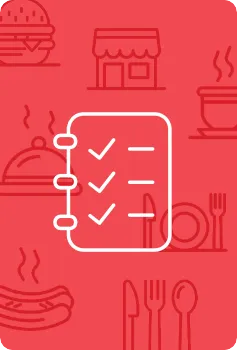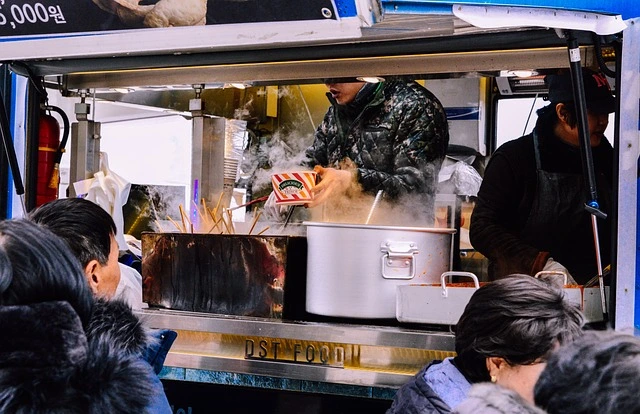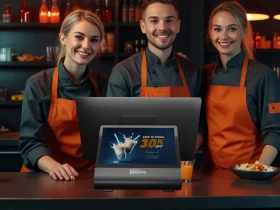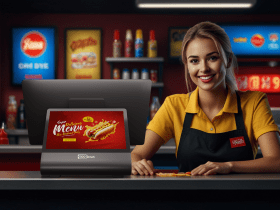Food trucks are a common and pervasive fixture in many cities all over the world, providing consumers on the go with a wide variety of cuisines and culinary experiences. There are currently 36,324 food trucks in the US as of 2023. These mobile restaurants serve up scrumptious, fresh cuisine to consumers on the street, at events, or at fixed locations. Ever heard of Kitchens on Wheels? Well, that’s a food truck. Several causes, such as shifting customer preferences, the popularity of street food, and the expansion of the gig economy, have been linked to the emergence of food trucks.

Food Truck Business Plan Checklist
Launch your food truck venture with confidence! Our extensive Food Truck Business Plan Checklist guides you through every step, ensuring a well-crafted strategy for a successful and savory journey in the food industry
4 Advantages of Food Trucks
1. So much flexibility
Food trucks can travel around to different locations and adjust to shifting customer demands and favorites, in contrast to conventional brick-and-mortar restaurants. Due to its mobility, food truck operators can test out new menu items and locate the most lucrative areas to set up shop. Moreover, food trucks can provide event catering or act as a temporary restaurant pop-up as well. Hence, it is an extremely flexible method to set up shop.
2. Less of a risk
One of your top goals as a restaurant owner is to keep your risk as low as possible. It is simple to assume that food trucks are less dangerous because opening a sit-down restaurant costs more money than doing so for a food truck. Moreover, initially starting up with a food truck would give you more exposure and experience in the industry which could be very beneficial.
3. Low overhead costs
Food trucks also have the benefit of having cheap overhead expenses. Food trucks need less money for rent, utilities, and equipment than a typical restaurant does. As a result, it is simpler for ambitious chefs and business owners to launch their own ventures and work in the culinary industry. Also, because they have less operational expenses than restaurants, food trucks frequently have lower prices for customers which would tend to attract more customers. Moreover, if good quality food and affordable prices go hand-in-hand, the customers would just keep coming!
Must Read: Boosting Sales With QR Code Menu
4. Great marketing tool
Apart from advertising your food truck on social media, leaflets, and other media channels, your food truck itself makes a great promotion tool. A food truck can serve as both a mobile commercial kitchen and an advertisement for your brand. Your food truck serves as a mobile billboard for your business each time you drive it. This is just a great and very convenient way to market your food truck around town.
Festivals and events including food trucks have gained popularity as crowd-pullers that promote tourism and the local economy. Food trucks are still a thriving industry and a preferred eating choice for people all over the world. Food trucks provide something for everyone, with everything from classic street fare like tacos and hot dogs to more upscale options like lobster rolls and handmade ice cream.
It’s no wonder that food trucks have established themselves as a mainstay of the contemporary food scene given their adaptability, accessibility, and capacity to provide consumers on the road with brand-new and interesting experiences. Apart from providing great culinary experiences, food trucks can add to the whole experience by making use of a Digital Menu which would help provide more than a hand full of benefits!











Leave a Reply